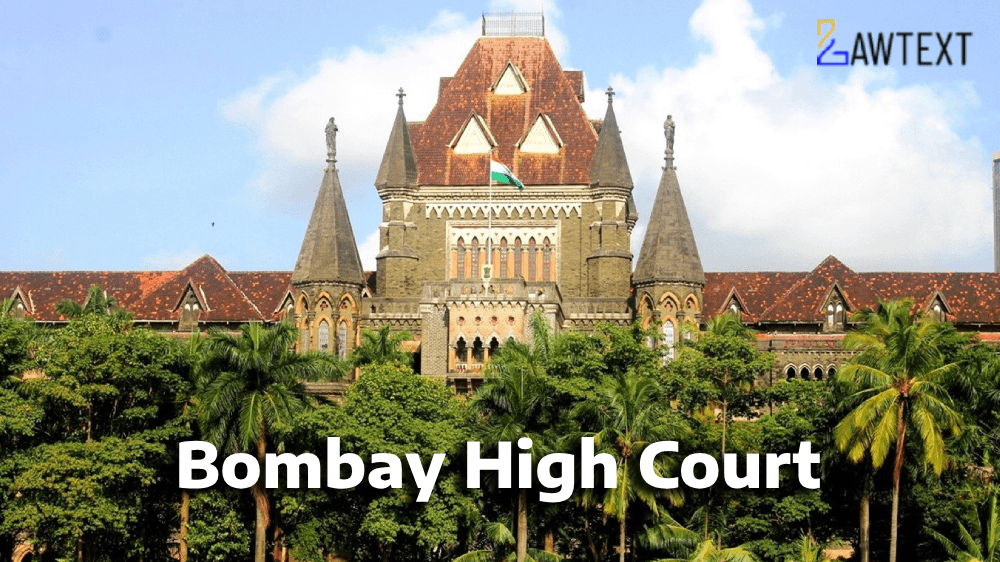Court Denies Petition to Quash Cheating Charges in E-Rickshaw Sale Case. "Ignorance of Law No Excuse: Court Emphasizes Limited Scope of Quashing Petitions and Upholds Allegations of Cheating"

CASE NOTE & SUMMARY
The Petitioner sought the quashing of criminal proceedings against him for alleged cheating (Section 420 IPC) related to the sale of an unregistered E-rickshaw to the complainant. The court denied the petition, stating that all ingredients of cheating were prima facie made out, and emphasized that ignorance of law is no defense. The court also highlighted that quashing petitions should not turn into mini-trials.
1. Preliminary Information:
- Rule Made Returnable Forthwith: With the consent of the parties, the petition is taken up for final hearing.
2. Petitioner's Request:
- Quashing of Criminal Proceedings: Petitioner seeks quashing of R.C.C.No.4649 of 2022 and related FIR.
3. Previous Orders:
- Court's Previous Directives: Notices were issued, and the trial court was directed not to proceed with criminal proceedings.
4. Case Background:
- Transaction Details: Petitioner sold an E-rickshaw to the complainant, promising insurance and registration.
- Alleged Non-Compliance: Petitioner failed to register the vehicle, which could not be used in the desired area.
5. Appearances:
- Counsel Representation: Mr. Rajeev Kumar for the Petitioner, Mr. V. N. Sagare for the State, and no appearance for Respondent No.2.
6. Court's Initial View:
- Alternative Remedy Suggested: Court suggested Petitioner use the alternate statutory remedy, but he insisted on relief under Article 226 of the Constitution and Section 482 of the CrPC.
7. Petitioner's Arguments:
- Ignorance of Regulations: Petitioner claimed no criminal intent and lack of knowledge of government regulations.
- Trade Certificate Claim: Petitioner argued that the Trade Certificate served as a registration.
8. Respondent's Arguments:
- Notification Reference: Respondent cited a notification prohibiting unregistered E-rickshaws in the area.
- Legal Obligation: Ignorance of the law is not an excuse.
9. Court's Analysis:
- Promises Made: Petitioner promised registration and insurance, accepted payment, and failed to deliver.
- Ignorance of Law: Court rejected ignorance of law as a defense.
10. Court's Conclusion:
- Ingredients of Cheating: FIR prima facie made out the offense of cheating.
- Limited Jurisdiction: Court emphasized limited jurisdiction under Section 482 CrPC and Article 226 of the Constitution.
- Petition Dismissed: Petition was dismissed and the rule discharged.
ISSUE OF CONSIDERATION
Ashok Kumar Gautam Versus Bhagwan Kashinath Narsale Ors.
Citation: 2024 LawText (BOM) (7) 182
Case Number: CRIMINAL WRIT PETITION NO. 1183 OF 2022
Date of Decision: 2024-07-18
Case Title: Ashok Kumar Gautam Versus Bhagwan Kashinath Narsale Ors.
Before Judge: A. S. GADKARI AND DR NEELA GOKHALE, JJ.
Advocate(s): Mr. Rajeev N. Kumar, for the Petitioner. Mr. V. N. Sagare, APP, for Respondent No.2-State. Mr. Punaji Sable, Khadakpada Police Station is present.
Appellant: Ashok Kumar Gautam
Respondent: Bhagwan Kashinath Narsale Ors.

